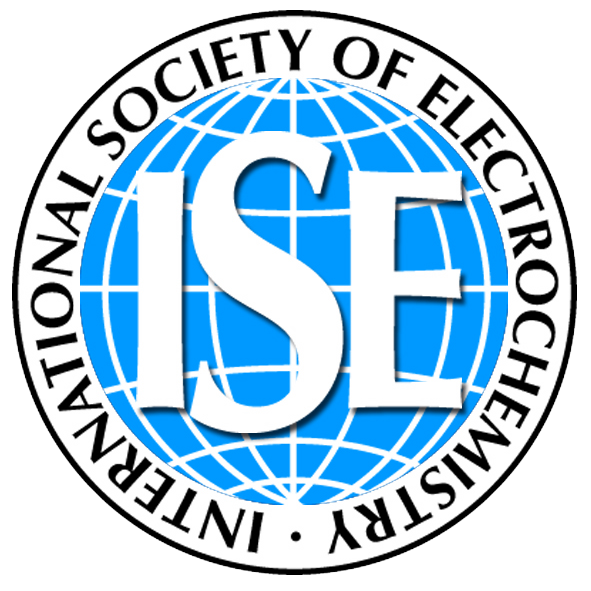Electrochimica Acta Gold Medal
Hubert Girault
EPFL Wallis, Switzerland
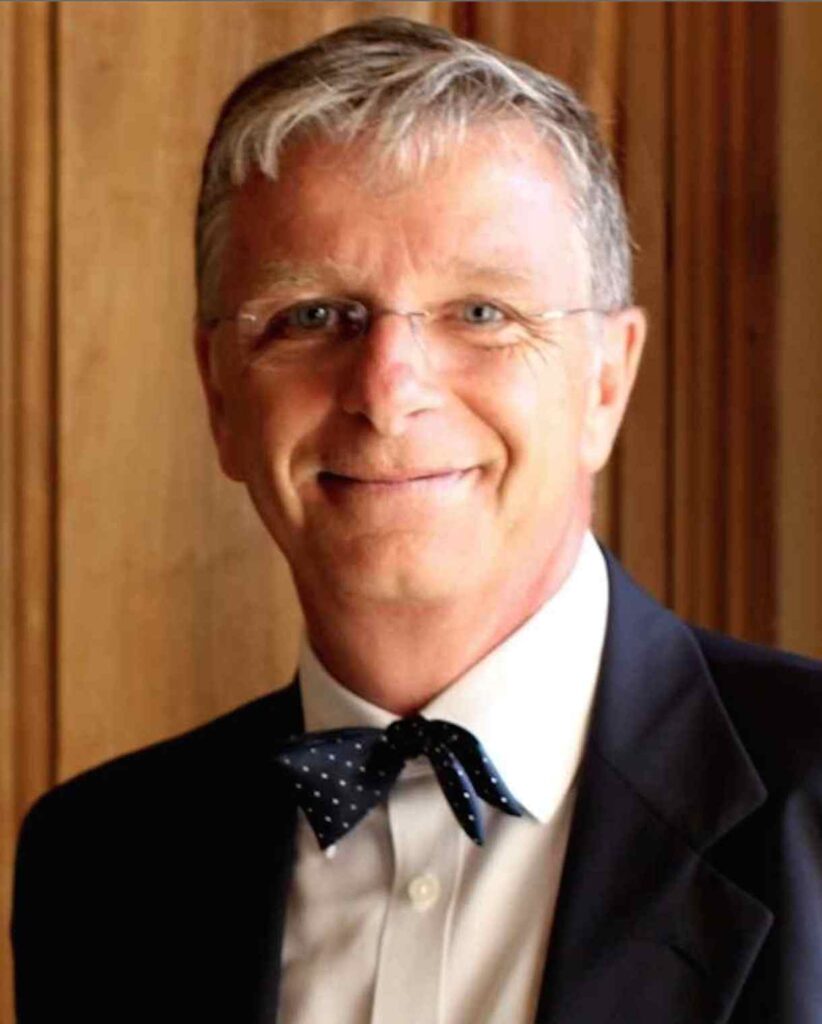
The Electrochimica Acta Gold Medal 2024 is awarded to Hubert Girault for his innovative studies of diverse electrified liquid-liquid interfaces and exploitation of the resulting fundamental insights to redox mediated electrocatalysis, photosynthesis, sensors and energy storage.
Tajima Prize
Yi-Chun Lu
The Chinese University of Hong Kong
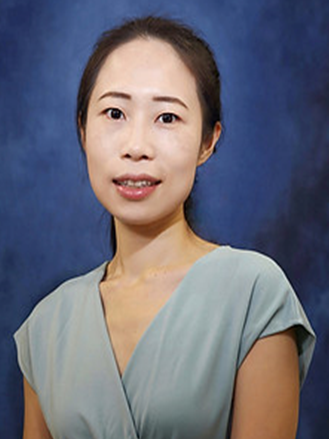
for her innovative work in the field of advanced rechargeable batteries such as redox-flow, metal-air, and metal-sulfur batteries
Zhaowu Tian Prize for Energy Electrochemistry
Federico Calle-Vallejo
Universidad del Pai Vasco
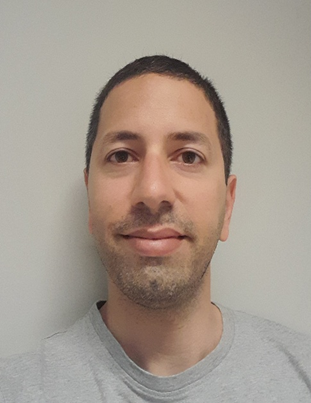
for his seminal contributions to computational modelling of electrocatalytic pathways.
Oronzio and Niccolò De Nora Foundation Young Author Prize
Marco Mazzucato
University of Padova

for paper Marco Mazzucato , Christian Durante, Comparative Analysis of Rotating Electrode and Gas Diffusion Electrode Methods for Assessing Activity and Stability of Fe-N-C Based Catalysts in ORR, Electrochimica Acta, 463 (2023), 142801
ISE Prize for Electrochimical Material Science
Nerea Casado
POLYMAT, University of the Basque Country UPV/EHU

for significant achievements in conducting and redox polymers and polymeric mixed ionic-electronic conductors for energy storage and has extended her research areas to bioelectronics
Early Career Analytical Electrochemistry Prize of ISE Division 1
Muamer Dervisevic
Monash University, Australia
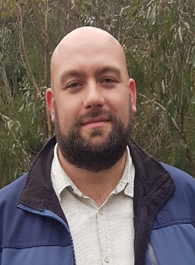
for his contribution to the development of transdermal electrochemical biosensors for health care monitoring and diagnostics.
Jaroslav Heyrovsky Prize for Molecular Electrochemistry
Cyrille Costentin
Université Grenoble Alpes
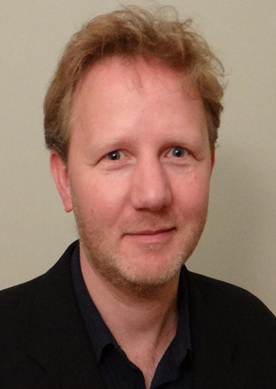
for fundamental studies explaining a general framework of PCET catalysts operation in particular in relation to small molecules activation.
ISE-Elsevier Prize for Experimental Electrochemistry
Peng Chen
Cornell University

for pioneering development of techniques allowing for in-operando single-molecule, single-particle and single-reaction imaging represents a truly qualitative advance in experimental electrochemistry. His development of super-resolution microscopy to image reactions at the nanoscale on catalysts is fascinating and highly relevant for catalysis research.
ISE-Elsevier Prize for Applied Electrochemistry
Edison Huixiang Ang
National Institute of Education/Nanyang Technological University, Singapore

for pioneering work in nanomaterial development for advanced batteries
ISE-Elsevier Prize for Green Electrochemistry
Yudong Xue
EPFL Sion, Switzerland
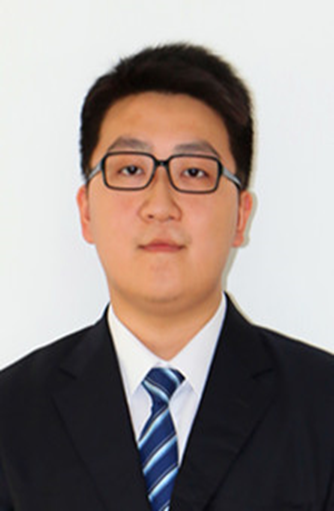
for work on electrochemical solid waste treatment, valuable metal extraction, product engineering and manufacturing of critical metals
Bioelectrochemistry Prize of ISE Division 2
Fred Lisdat
TU Wildau
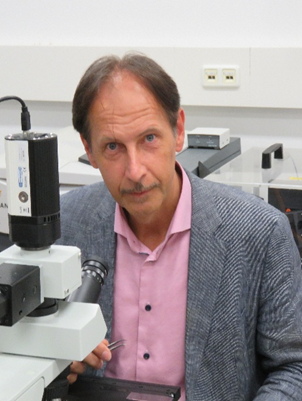
for his contribution to the areas of protein-based electrochemistry and electron transport in biological systems, from enzymatic multilayers to artificial systems, including photobioelectrochemistry and biosensing applications.
Brian Conway Prize for Physical Electrochemistry
Di Wei
Beijing Institute of Nanoenergy and Nanosystems, Huairou, Beijing, China
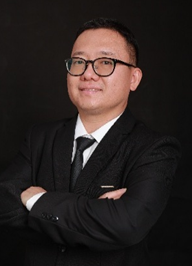
in recognition of his outstanding contributions to the field of electrical double layer regulation for controlled charge transport based on iontronics. Controlled charge transport is a crucial aspect of diverse scientific and technological processes, for example, as energy and information carrier as well as a probe for material properties and kinetics.
